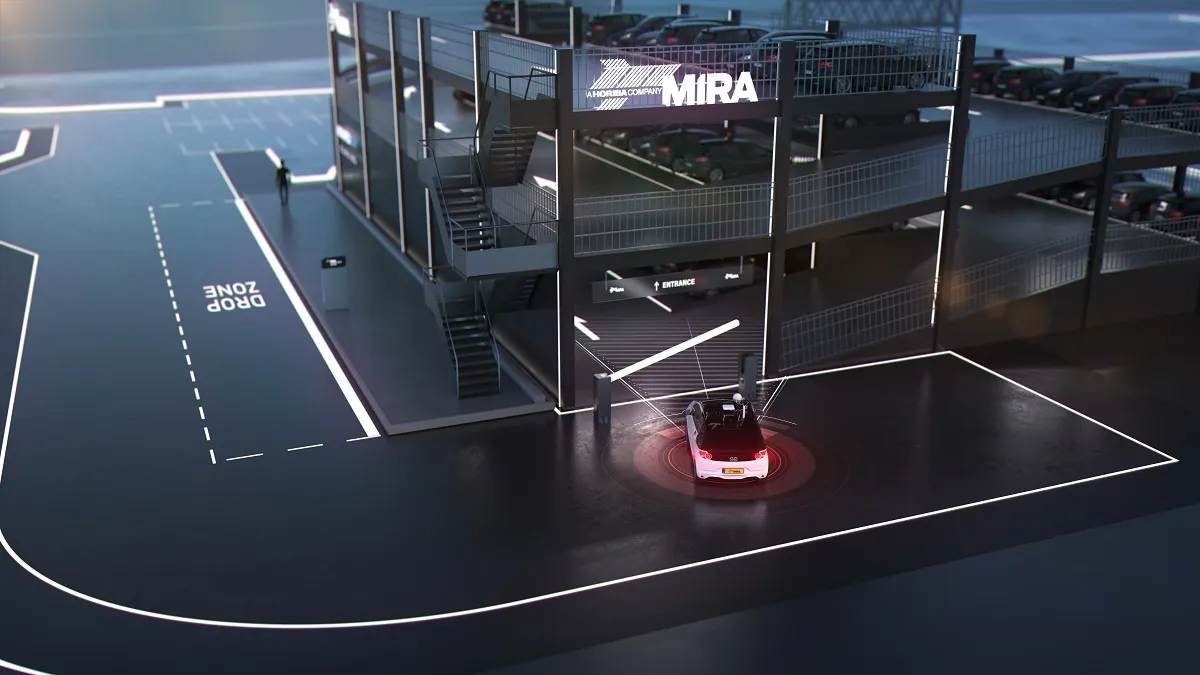
While autonomous vehicles (AVs) have the potential to transform the way we travel, people need to trust them and want to use them.
But D-Risk - a £3m Innovate UK-funded research project - has found that almost three in 10 people (28.5%) are still undecided about getting in one.
Factors that could help include the presence of an actual person in case of emergency and the idea of annual checks of AV software.
The collaboration between DG Cities, DRisk.ai, Claytex and Imperial College London began in November 2019 and concluded this year.
Interestingly, time of day appears to make a difference to attitudes. People are slightly more willing to ride in a self-driving vehicle during the day: less than a fifth (17.6%) believe travelling in a self-driving vehicle in an urban area or a rural environment (15.5%) at night would be safe.
But daytime travel was rated as slightly safer (urban: 24.7%, rural: 22.1%).
Trust would be improved by annual software MOTs (49.8% believed it would have a positive impact) and independent software audits (48.4%).
The most popular choice was the DVLA (Driver & Vehicle Licensing Agency).
The survey and workshops highlighted that people are reassured by a human presence: access to a trained individual who could provide support in the event of an emergency was a factor.
"We’re concerned with how technology works for people," says Ed Houghton, head of research and service design, DG Cities.
“To develop safe self-driving vehicles and services, we need a deeper understanding of what safety means at an individual level. As well as passing technical safety tests, self-driving vehicles have to be trusted by the public – this is the only way to gain acceptance and enable their deployment.”
It's fair to say that advanced driver assistance features such as automated lane-keeping systems (ALKS) are viewed with some scepticism by the public,
Only a quarter (25.2%) are looking to use ALKS in the future.
More than half (59.3%) would not use ALKS technologies if they were made available.
Fewer than half (48.7%) do not believe that ALKS will improve road safety, while almost a quarter (24.6%) are yet to be convinced.
Age is a significant factor. The data highlighted that interest in using ALKS is greater for young people: 57.1% of 18–24-year-olds, 58.3%- and 25–34-year-olds. For over 75s, this fell to 10.5%.
“Most new vehicles developed over the next decades will incorporate some degree of autonomy," says Balazs Csuvar, head of delivery, DG Cities.
"This will help with safety, but people need to know when it is appropriate to use these systems and how – there also needs to be greater awareness of their limitations. Technology developers are addressing this, but users need to be part of their evolution – to design for people and real scenarios, we need to know when and how people would use ADAS, how they instinctively feel about them.”








